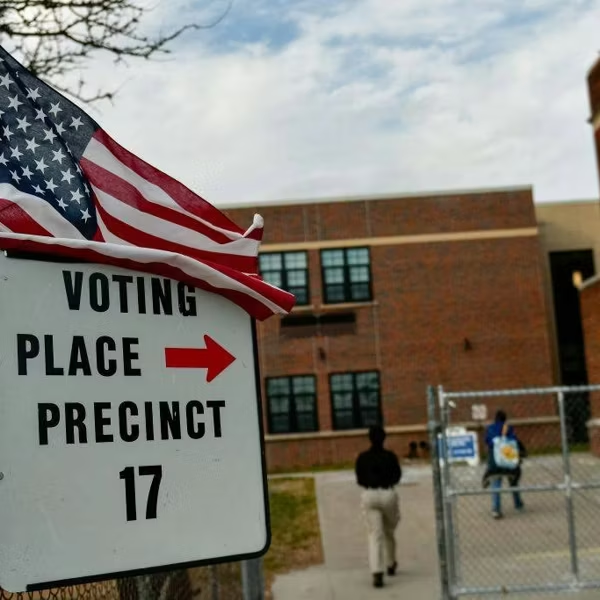Frustrated by what they describe as a "rigged" electoral system in the face of Bernie Sanders' overwhelming majority win, Democrats in Maine on Saturday voted to adopt a rule change that will essentially eliminate the power of superdelegates to pick a candidate of their choosing.
Though Sanders won 64 percent of the Maine vote, he has only received one of the state's five superdelegates. Three have endorsed Hillary Clinton, who only secured 35 percent of the popular vote, while one remains undeclared.
The amendment to the state convention includes language that strongly encourages superdelegates to vote in proportion to caucus results, which reports say could prompt a "fight" on the Democratic convention floor in July.
As of 2020, however, the legislation "has teeth," AP reports, as the party chair will then be required to "account for superdelegates' preferences to ensure the overall delegate makeup matches the outcome of the caucus or primary."
"We have a system of government where you have one person, one vote, by and large," state Rep. Diane Russell, who introduced the measure, told the Bangor Daily News ahead of the vote. "The primary system is not when that happens. And I think that we need to start moving toward a system that's more fair, that's more democratic and more reflective of the popular vote."
On Saturday, Russell shared images of the "wicked long line" to debate the rule. Democrat Brigham McNaughton of Freeport "received a rowdy ovation when he described a 'rigged system' in which five superdelegates defy the will of rank-and-file Democrats in Maine," according to AP.
Though for years the Democratic Party's superdelegate system has been criticized for being undemocratic, Sanders' candidacy has prompted serious calls for change, particularly in places like Maine--where party elites continue to support Hillary Clinton despite the overwhelming popular support for Sanders, as Russell explained in an interview with the Washington Post.
"I think the difference is that this time, when you win by that margin and then your delegates don't shift dramatically...it's really having an impact on people's desire to participate in the process," she said.
Russell continued:
When you tell people they should get out to vote, and then they do, and then they can't trust the results of the vote, what's the point of getting out to vote? If people feel like their candidate lost, but they lost squarely, they can live with that. I think it's when you see the impact so clearly, and you don't feel like your candidate lost, then it's hard to be motivated to support the other candidate.
"At a time when we should be unifying the party and celebrating our vision, we are, in fact, seeing a real division," the representative from Portland added. "We're losing people who were working-class because we are not answering and giving credence to the grassroots."



